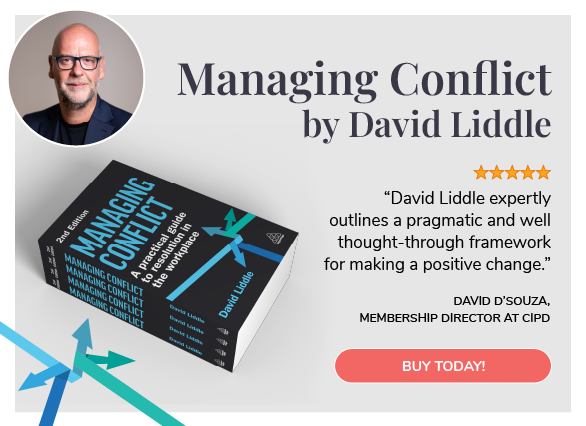
Share article:
Tags:
Have you ever felt like you don’t belong in your role, despite evidence of your competence?
You’re not alone. Imposter syndrome is a pervasive challenge in the professional world, affecting an estimated 70% of people at some point in their careers. In a recent insightful webinar, experts from our Engage Coaching team explored how this phenomenon manifests and how coaching can be a powerful tool to combat it. Here’s what we discussed:
Signs you might be suffering from imposter syndrome
How does imposter syndrome reveal itself in professional settings? Look out for these key indicators:
- Perfectionism taken to extremes
- Difficulty maintaining work-life balance
- Constant comparison to colleagues
- Attributing successes to luck rather than skill
- Difficulty accepting praise or recognition
- Persistent self-doubt despite achievements
Interestingly, even highly accomplished individuals aren’t immune. Michelle Obama, Albert Einstein, and Maya Angelou have all openly discussed their experiences with imposter syndrome. So if you’re grappling with these feelings, you’re in distinguished company.
The neuroscience behind imposter syndrome
Did you know there’s a scientific basis for imposter syndrome? The prefrontal cortex, crucial for critical thinking and decision-making, can also fuel self-criticism when overactive. This means high-achievers who frequently engage in complex cognitive tasks may be more susceptible to imposter syndrome. Fascinating, isn’t it?
Moreover, research has shown that imposter syndrome can trigger the amygdala, the brain’s fear center, leading to increased stress and anxiety. This physiological response can further reinforce feelings of inadequacy, creating a challenging cycle to break.
The five types of imposter syndrome
Psychologists Valerie Young and Pauline Rose Clance, who have extensively studied this phenomenon, identified five types of imposter syndrome:
- The Perfectionist: Sets excessively high goals and experiences major self-doubt if they fall short.
- The Superhero: Pushes themselves to work harder than necessary to prove they’re not imposters.
- The Natural Genius: Judges their competence based on ease and speed rather than their efforts.
- The Soloist: Feels they must accomplish tasks on their own, and asking for help is a sign of weakness.
- The Expert: Fears being exposed as inexperienced or unknowledgeable.
Understanding these types can help individuals and coaches identify specific patterns and develop targeted strategies.
Harnessing coaching to combat imposter syndrome
How can coaching techniques help individuals and organizations overcome imposter syndrome? Here are key strategies:
- Foster open communication: Create a safe space for team members to voice their concerns without fear of judgment.
- Employ thought-provoking questions: Instead of providing direct solutions, ask “What approach would you consider?” or “How might you tackle this challenge?”
- Reframe negative thoughts: Transform “I’m not qualified for this project” into “How can I leverage my skills to contribute effectively?”
- Utilize reflective techniques: Implement models like “What? So What? Now What?” to analyze situations objectively.
- Highlight strengths and successes: Encourage individuals to acknowledge their unique abilities and accomplishments.
- Normalize imposter feelings: Help people understand that these thoughts are common and don’t reflect reality.
- Promote a growth mindset: Frame challenges as opportunities for development rather than tests of ability.
Managers who incorporate these coaching techniques into their leadership style can create a more supportive environment that nurtures confidence and potential. Studies have shown that coaching can significantly reduce imposter feelings and increase self-efficacy.
The impact of diversity and inclusion
It’s crucial to note that imposter syndrome can disproportionately affect underrepresented groups in the workplace. Women, people of color, and first-generation professionals often face additional systemic barriers that can exacerbate imposter feelings. Coaching programs that address these unique challenges and promote inclusive environments can be particularly impactful.
The bottom line
While imposter syndrome is prevalent, it doesn’t have to be a roadblock to success. By fostering open dialogue, reframing negative thoughts, and focusing on growth, coaching approaches can help build confidence and unlock potential in the workplace.
Are you ready to harness the power of coaching to overcome imposter syndrome in your organization? The journey to a more confident, empowered workforce starts with taking that first step. Remember, feeling like an imposter doesn’t mean you are one – it often means you’re pushing yourself to grow and achieve great things.
You can learn more about our coaching services here.








